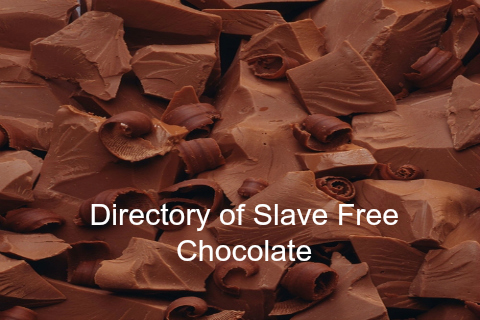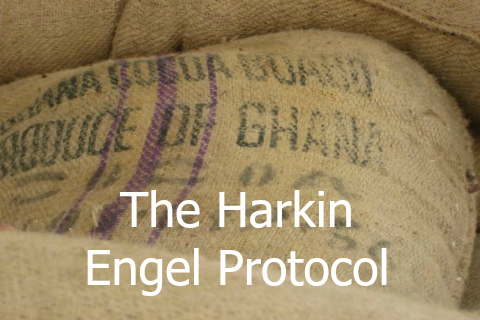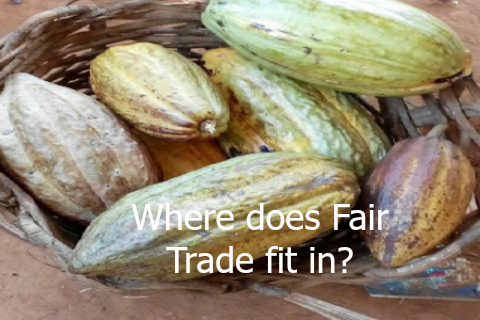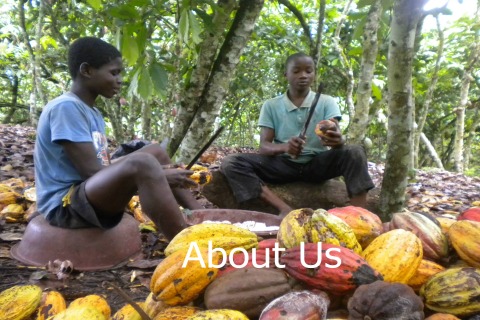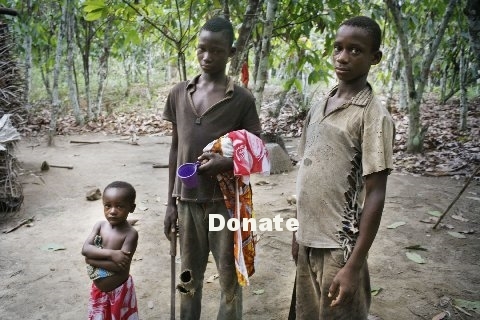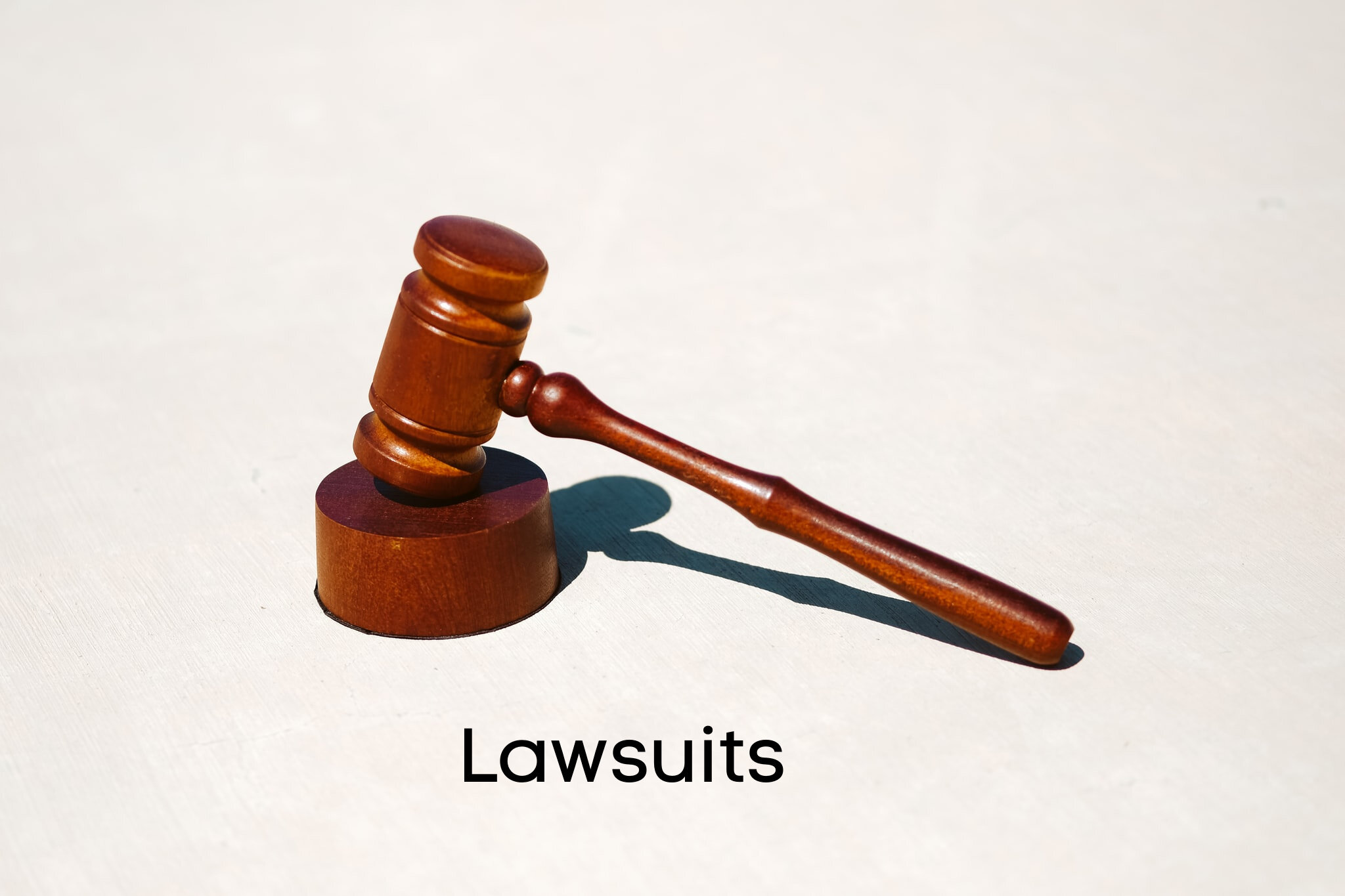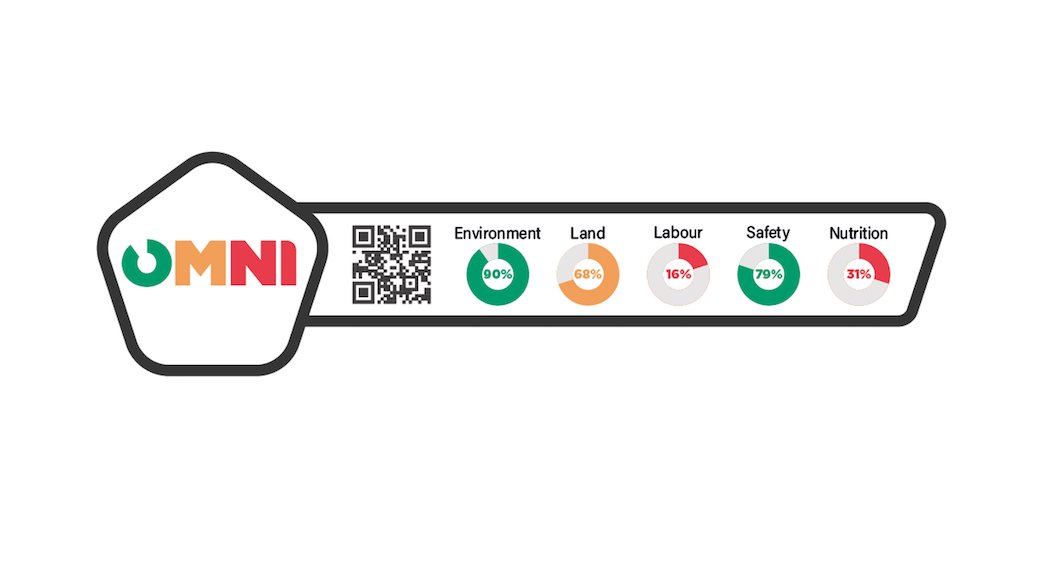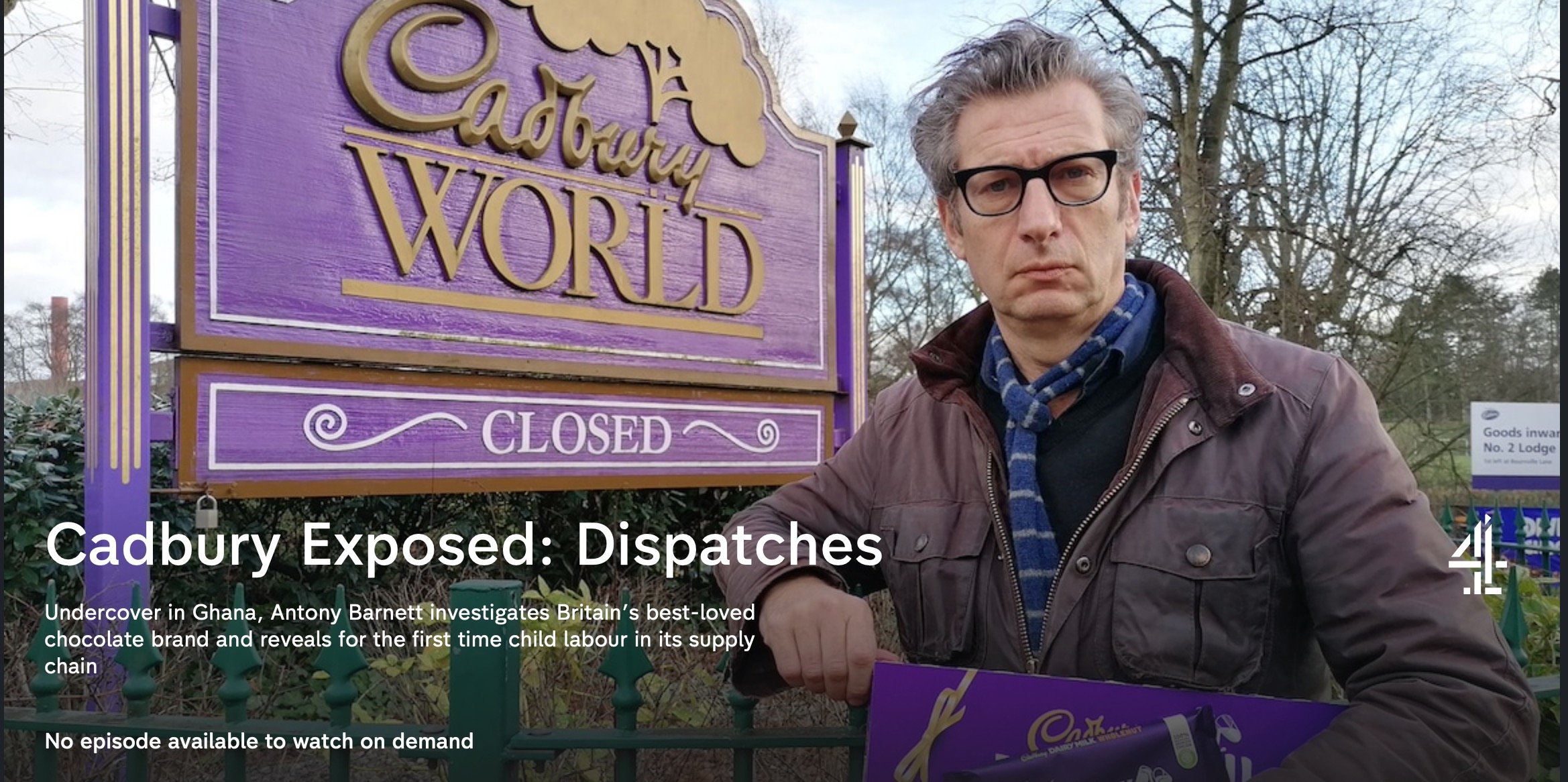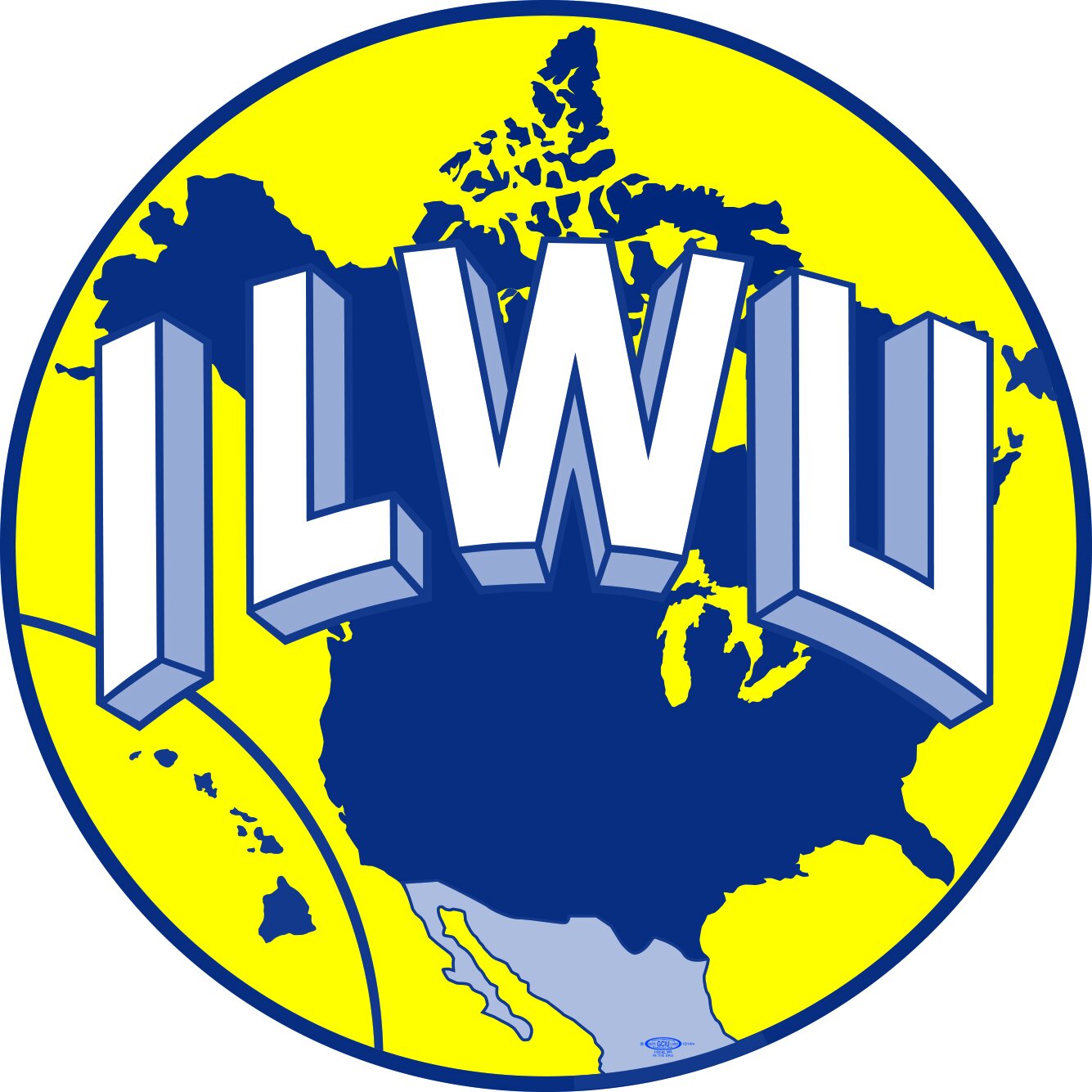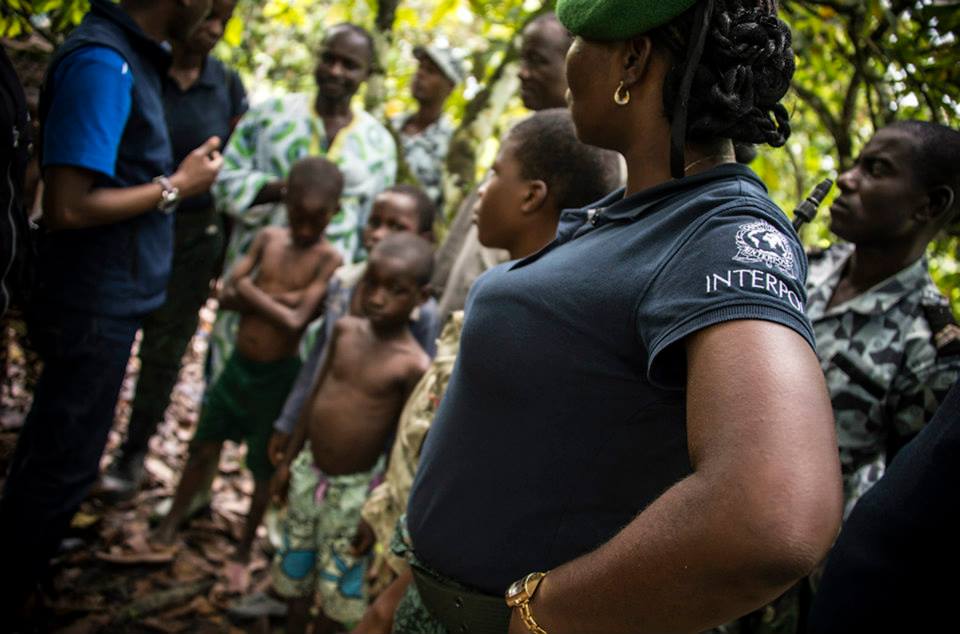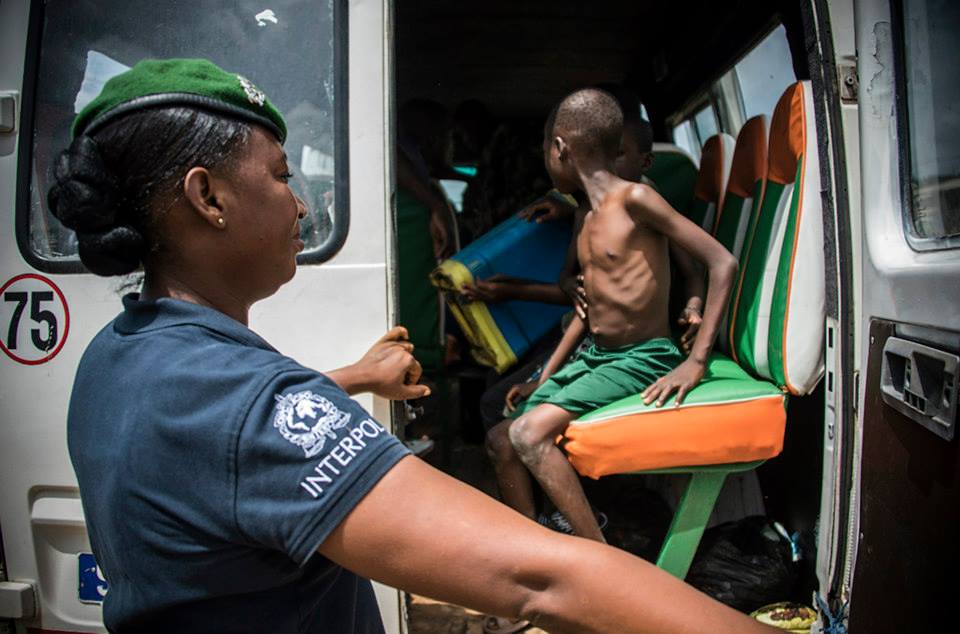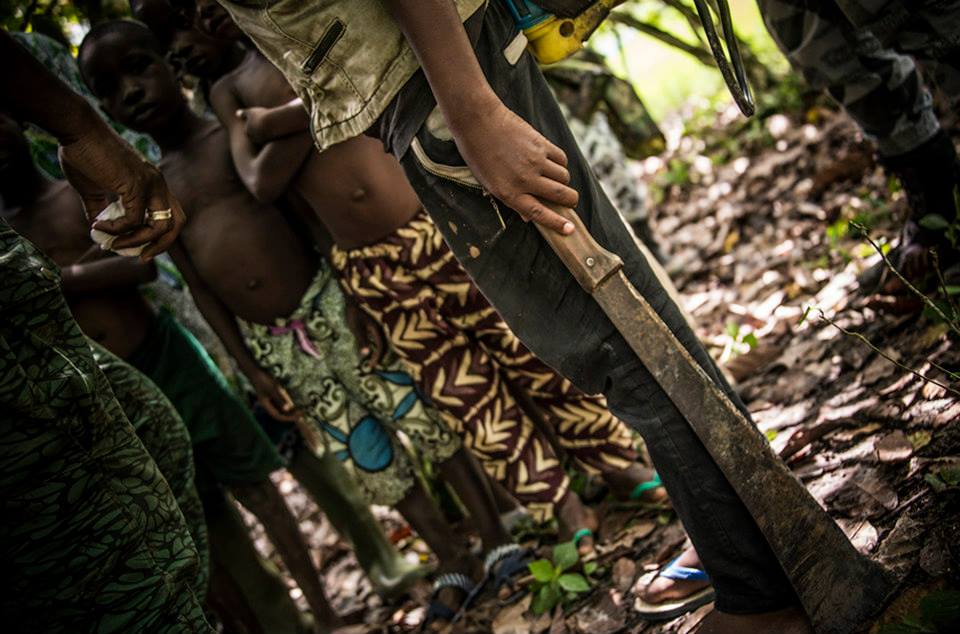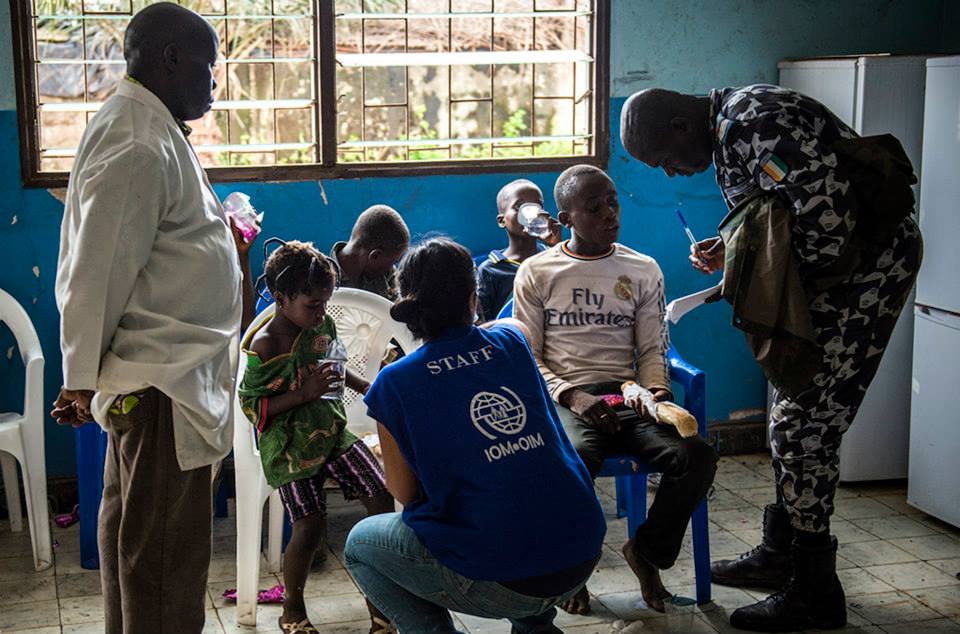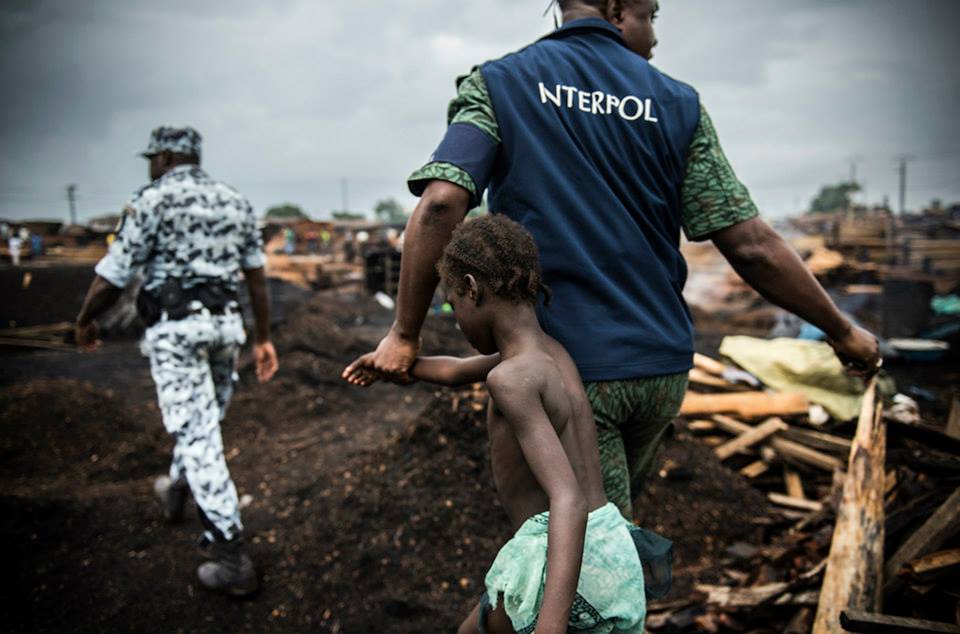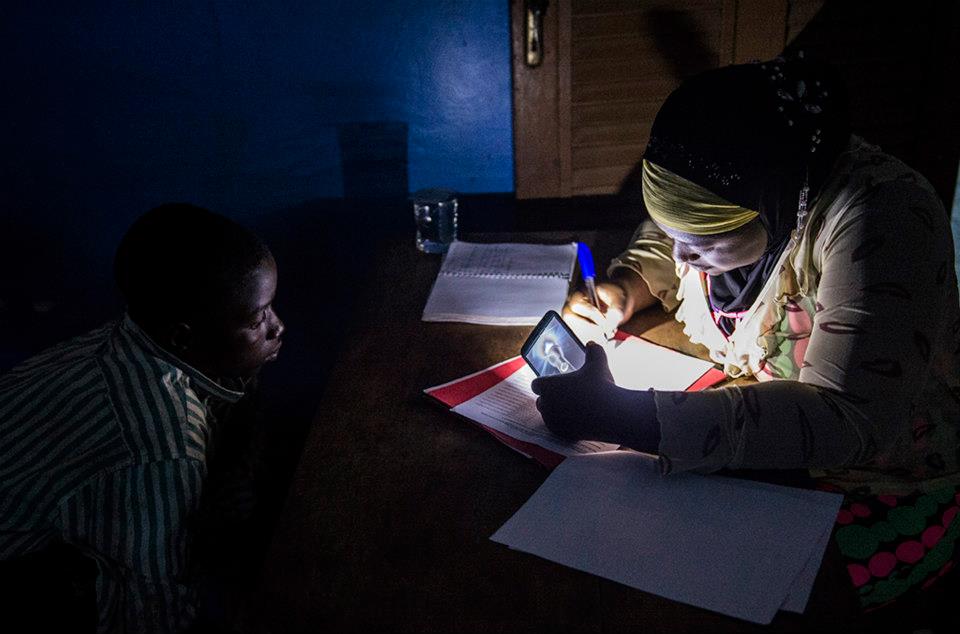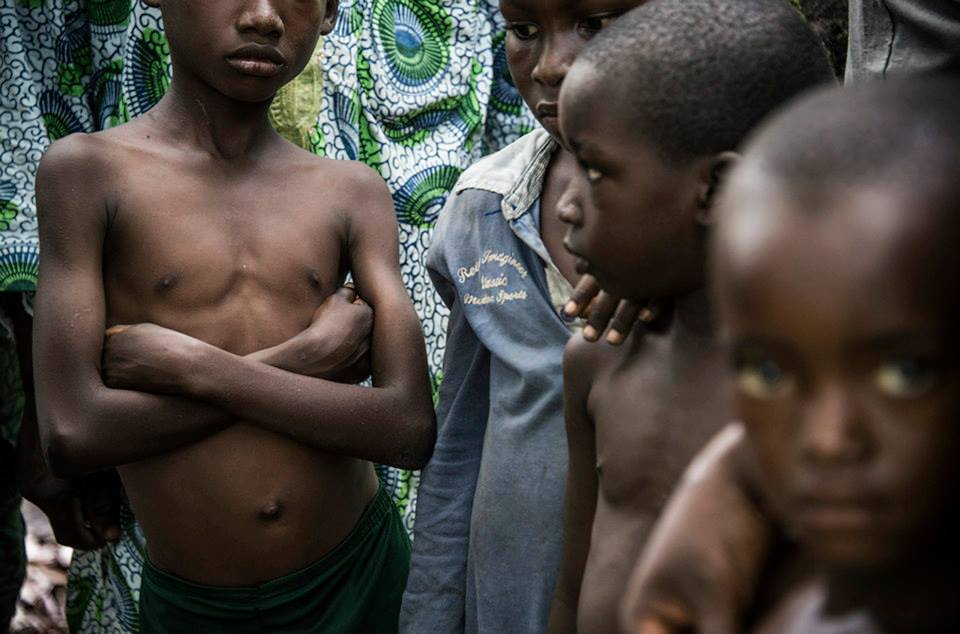The U.S. Department of Labor announced in December of 2020 that 1.6 million children are working illegally and a percentage of those children have been trafficked in and held as slaves.
These children are vulnerable to brutal labor practices, including trafficking and slavery.
Candy companies--including but not limited to Mars, Nestlé, Hershey, Cargill, Cadbury, Mondelēz and Barry Callebaut--have admitted accountability and promised to remedy this situation. Sadly, 20 years has passed since this agreement and the numbers of exploited children has only increased.
Additionally, the abject poverty these farmers are forced to endure in has also resulted in deforestation of sensitive and important national forests.
The candy industry is a US $100-billion-dollar industry. It should have changed.
At the very least the companies profiting from these children are the ones that have to fix it. They can start by paying a lot more for the beans that they buy. When a farmer is making less than $2.00, they can’t afford to hire adult labor.
Breaking News! December 20th, 2023.
Cargill Faces Lawsuit Over Child Labor
A case has been brought against the chocolate industry giant Cargill in the Washington D.C. Superior Court that alleges the company is using exploitative child labor. The case is focused on children working on cocoa farms in Ghana. A CBS News Investigation followed up on the allegations and found children as young as 5 years old who appeared to be working in the cocoa industry.
Host Deepa Fernandes speaks to Terry Collingsworth, director and lead counsel at International Rights Advocates who brought this case to the court on behalf of child plaintiffs in Ghana. She also spoke to ten-year-old Daniel, one of the children alleging to work on a cocoa farm and Bright Deborah who leads a nonprofit working to end child labor in Ghana.
Hear the NPR story here:
Being Slave-Free the Whole Way Through is what our Ethical List is all about. With every chocolate company “claiming” to care for its farmers and children, it’s hard for the Ethical ones to compete. These folks are going the extra mile and deserver our business. CLICK HERE for LIST
This comedic buy-on-point video is brought to you by the talented Torry Hermann. You can find her work on IG @torryhermann.
Reverse Trick or Treating
Reverse Trick or Treating is a great way to spread awareness and allow people to educate themselves on the issue. Simply, one attaches a small note to each piece of candy given out at Halloween that explains why you aren’t giving out industrial chocolate. When you click on the haunted house, it will send you to a form to order your templates.
SUSTAINABILITY INITIATIVES IN THE COCOA INDUSTRY by Bright Adjei Debrah
The sustainability issues in cocoa are multidimensional and complex. Farmers are getting older, and they tend to be on small farms with large families, they work on the farm with very little to no external paid labor and they don’t have very big harvests. They also have a dropping productivity rate and they have murky land tenure rights. That combination often leads to encroachment into protected lands and forests. Poverty also leads to children needing to contribute to the family income by working on the farms but often by engaging in illegal child labor. Illegal child labor means things like carrying really heavy loads, using dangerous materials like machetes, or using chemicals and they are missing school or not going to school at all.
The latest numbers we have are that more than 2 million children are engaged in illegal child labor on West African cocoa farms. Smallholder farmers also have very little say in the prices that are paid for cocoa, actually pretty much none because the government set the price of cocoa. The farmers are very dependent on their local bean collectors (purchasing clerks) for the timing of when they pass by the farm to collect the seeds. The price that they get paid for the cocoa beans is way too low to earn a living income.
If we as a society want real economically stable societies that are linked up to the global food chain, then that is something that needs to change. Earning a living income is a basic human right that has been agreed upon with the UN as one of the global sustainable development goals, and cocoa farmers are far from it because most West African cocoa farmers are under a dollar a day.
The manufacturing process is very fractured, and this fractured process leads to enmity, when what we really need in the cocoa value chain is connection, empathy, and responsibility.
If we want to change the cocoa industry, and that I mean the entire cocoa industry, we have to look at how cocoa flows through 99% of the chocolate you have ever consumed in your life, and would probably continue to consume because only at scale will we achieve a significant impact on the ground. For now, we are doing much too little, much too late, and much too slowly.
SO HOW DO WE ACHIEVE THAT CONNECTION?
Connection comes through traceability. Chocolate brands have the obligation to know exactly who the cocoa farmers are, and who are providing the cocoa beans for their chocolate. Only then can they understand their circumstances and actually take full responsibility towards them for the human rights and the planet rights that we are all working towards.
Empathy is putting yourself in another person’s experience within their frame of reference. Farmers don’t want to ruin the last standing forest in their country, and farmers don't relish watching their children carry heavy loads, miss school or not go to school.
There is a systematic inequality that exists in the cocoa supply chain that is causing this exploitation. What is happening here in the cocoa-growing regions in Africa is a symptom of how stakeholders approach issues at their end. If stakeholders don't connect, empathize, and take responsibility for what is happening here in the cocoa-growing regions in Africa, then directly or indirectly, they are responsible for deforestation, exploiters, and child traffickers.
The cocoa value chain is shaped like an hourglass ⌛️. You’ve millions of cocoa farmers, mostly smallholders on one side, and on the other are billions of chocolate consumers. In the middle are just a few chocolate giants or stakeholders. The chocolate market is dominated by a few chocolate manufacturers, cocoa processors, and traders. These few actors have all the powers in the supply chain and great power comes with great responsibility. These stakeholders therefore have arapid goal-oriented and collective approach to changing the system.
Here is an interesting thing that is happening. Currently, there are more than 50 active separate sustainability initiatives or programs that are going on in Ghana and Côte d’Ivoire alone. A lot of these initiatives are focused on the same groups of farmers but with little to no cohesive approach between the programs, meaning that not a single farmer is being pulled out of poverty. Many of the farmers are also left in the cold and not being engaged at all.
What is happening is that chocolate giants are competing with each other and protecting their sustainability initiatives and they are doing it for just a very small fraction of the supply chain.
WHAT CAN BE DONE ABOUT THIS
Collaboration is the best new form of competition. Because, in this sharing economy, isn’t collaboration on sustainability programs much more purposeful than competition? As stake holders, we already know what the tools are to connect to farmers and to engage, but we need to do it together so that we can make a positive impact much faster.
As an example, picture a farmer who has been asked to have a map made of his farm. You can make GPS polygon maps by walking the perimeter of the farm and taking coordinate points. These marks are very important to both the farms and the farmer groups as well as the buying companies. Farmers and farmers groups can make an assessment of current yields, potential yields, and collective purchases for example of fertilizers/seedlings they might need for the year and buyers can analyze the maps for deforestation and deforestation risks. The maps are important and a tool that we know.
Picture the farmer welcoming a person with a company logo onto his farm to come and walk the perimeter of the farm. Then picture a week later, a different person with a different company logo came to do the exact same work again. Picture something that is even more frustrating than that wasted time and that duplicated effort. The frustrating part is that the farmer or the farmer groups do not even own, see it, use it, or leverage it.
Another connection, and collaboration that chocolate brands need to do is on living income. Chocolate brands can and should collaborate on paying a price to farmers that enables a living income. It is not fair for one chocolate brand to carry that financial burden for all other chocolate brands. It is also not a good idea for a farmer or farmer groups to sell their entire harvest to just one buyer or buying company. That is not resilient, that is risky business. It is not a good idea. But if you are only selling a fraction of your harvest at a living income price, the price that enables living income, then you are never going to get out of poverty.
There should be a level playing field amongst consumer brands to lift farmers out of poverty to create wealth. When that happens, farmers can make the investment in their farms, that chocolate companies say they need to do. Farmers would invest in their families, farms, and children’s education but without resources, they cannot do that. Chocolate brands and stakeholders that realize this connection, this empathy, and this responsibility can achieve that opportunity to amplify their positive impact on the ground through collaboration. If they are transparent about it, then consumers would know which chocolate brands to award with their chocolate buying sense.
To be clear, chocolate companies should compete fiercely on delicious chocolate, but they should not compete on cocoa. There should be no competition for child labor, deforestation on poverty, community development, additional livelihood programs, etc.
Consumers should award the chocolate brands that make farmers and forest protection their priority, and not a unique selling point, but something that is an absolute baseline. It is not a race we should be competing with each other, but it’s something that we should be doing together so that we can get to where we are going faster.
For twenty years businesses, governments, NGOs, and activists have been working towards bettering our world in the realm of climate change, labor rights, food security, soil health, etc. But despite the thousands of business-driven initiatives, thousands of NGO projects, new laws, and citizens doing their best, no area has shown any improvement. A glaring void hampering progress is that none of the data used by food companies is verified. What is real? What is Brandwashing? Who the heck knows? Take chocolate as an example, there are many ethical chocolate companies that are running their businesses ethically the whole way through. But there isn’t a chocolate company out there that doesn’t claim to be ethical and sustainable. So then, who is complicit for the 1.6 million exploited children in west African cacao? Who benefitted from destroying the vital rainforest? At the end of the day does Brandwashing win over progress? Not if I can help it! It is paramount that the food industry adopts a labeling system that is based on independent primary data collected by unvested scientists. In other words, we all should be operating on an agreed food metric that is based on the truth. By “we” I mean, investors, financial institutions, and consumers. Fortunately, there is one. OmniAction has created the OmniLabel. I, Ayn Riggs, director of Slave Free Chocolate, have opened the US office of OmniAction. For more information, please either contact Slave Free Chocolate and/or visit OmniAction.
Help us make this happen.
Awareness is an important part of social change. One of the challenges is to reach an audience that is unaware of the problem. Thank you to Torry Hermann, a comedy influencer with great talent. Are you a creative person with a unique audience that you can reach with your voice and work? Email us please!
CALL TO ACTION! PLEASE HELP.
This will only take a few minutes.
Nestlé apparently and in our opinion is lying on their website in reference to Doe vs. Nestlé.
They say this: “Did the United States Supreme Court rule on Nestlé child labor accusations?
In June 2021, the Supreme Court agreed there is no basis for this lawsuit to proceed against Nestlé. Nestlé never engaged in the egregious child labor alleged in this suit, and we remain unwavering in our dedication to combatting child labor in the cocoa industry and to our ongoing work with partners in government, NGOs and industry to tackle this complex, global issue.”
We don’t agree with that statement at all. We need you to contact Nestlé and voice your opinion. Here is a link to their contact page: www.nestleusa.com/info/contact-us-landing
Thank you so much for considering this action! Remember, we really have all of the power to turn this around! Thank you! — Ayn
This is a letter that you can copy and paste:
Dear Nestlé,
I just read on your website your claim that “the Supreme Court [in its June 2021 ruling] agreed there is no basis for this lawsuit to proceed against Nestlé. Nestlé never engaged in the egregious child labor alleged in this suit, and we remain unwavering in our dedication to combatting child labor in the cocoa industry and to our ongoing work with partners in government, NGOs and industry to tackle this complex, global issue.”
This, like many claims Nestlé has made across the years about its “progress” on ending child slavery since it promised in 2001 when it signed the Harkin-Engel Protocol to end its reliance on the “worst forms of child labor” to harvest its cocoa, appears to be false for the following reasons:
There is absolutely no reference in the Supreme Court’s decision that exonerates Nestlé of the charge that Nestlé profits from child slavery in its cocoa production. The majority opinion by Justice Thomas expresses no view whatsoever about the charge of slavery. Instead, the Court held on very narrow grounds that the statute at issue, the Alien Tort Statute, does not apply extraterritorially because the former enslaved children point only to facts that Nestlé aided and abetted child slavery in Cote D’Ivoire, not in the United States as the statute requires. Nestlé USA, Inc. v. Doe, 141 S.Ct. 1931, 1936-37 (2021). Justice Thomas specifically noted that a different statute, the Trafficking Victims Protection Reauthorization Act (TVPRA), was the vehicle Congress passed “allowing plaintiffs to sue defendants who are involved indirectly with slavery.” Id. at 1939. As you know, eight formerly enslaved child laborers sued Nestlé and six other cocoa giants on February 12, 2021 for profiting from child slavery under the TVPRA. Resolving Nestlé’s culpability for child slavery is far from over.
At least five of the Justices explicitly rejected Nestlé ‘s outrageous argument that corporations are immune from child slavery under international law merely because they are corporations. See, e.g., Gorsuch, J., Concurring (141 S. Ct. at 1940-42); Alito, J., Dissenting (141 S. Ct. at 1950-51).
Nestlé cites as proof it is not using child labor “independent” monitoring by Rainforest Alliance and the Fair Labor Association. Nestlé is funding both of these organizations which creates a conflict of interest and certainly disqualifies them as “independent” monitors. Further, at the end of the day, they aren't helping the farmers as they are still not even close to making a living wage.
The fine print on your website makes clear that any supposed monitoring activity is done on a very small percentage of the plantations you source from. Nestlé apparently has no idea what is happening on the vast majority of their plantations while they are misleading the public by claiming they are not using child slaves.
The U.S. Department of Labor-funded study by the University of Chicago found in a report released in October 2020 that 1.56 million children are harvesting cocoa in Cote D’Ivoire and Ghana, and 95% of them are performing hazardous work. This is a damning verdict on the progress Nestlé claims to be making on eliminating child labor in its supply chain.
I would love to receive a clarification to your assertion above in light of the actual facts. If you can't come up with one, I think you should take down what appears to me to be a false and misleading statement. We consumers have been lied to long enough. As you know the numbers of exploited children keeps rising despite the many initiatives that have been announced by you and the rest of the companies that signed the Harkin Engel Protocol.
Sincerely,
We are here to help others get the word out. We are available to for speaking engagements, interviews and look forward to collaborating with you on your ideas. Please feel free to contact us at anytime by email or phone 760-715-4618 or by filling out the form on the About Us page.
Chocolate consumers have real power. Let's use it together to help these children.
Ways you can help make a huge difference:
This is a ver important documentary as it exposes the lies about the TRANSPARENCY initiative that Cadbury uses to pacify the concerns of caring consumers. Currently this program will run on Channel 4 in the UK.
Ethical egg hunt. Ahead of Easter - who sourced your chocolate?
by Quota.Media: news and events for food systems professionals
The supermarket shelves are heaving with Easter eggs - but how ethical are they? We ask whether any were produced without slavery
Click here to watch a recorded version of this event
- We'll have Terry Collingsworth, Executive Director of IRAdvocates, who is behind the class action by former child slaves against the world's chocolate giants
- Paul Schoenmakers, Chief Impact Officer for chocolate brand Tony's Chocolonely
- Ayn Riggs, activist and founder of our event sponsor Slave Free Chocolate joins us
- BBC reporter Humphrey Hawksley, who has been exposing child slavery in the chocolate trade for 20 years
- We'll have Dan Crossley from the Food Ethics Council
For Immediate Release Contact: Roy San Filippo
213-221-5712
April 7, 20201
SAN FRANCISCO COUNTY BOARD OF SUPERVISORS CONDEMN MULTINATIONAL CHOCOLATE COMPANIES FOR THEIR USE OF CHILD SLAVE LABOR
(San Francisco, California) In a groundbreaking resolution passed on Tuesday, April 6, San Francisco County Board of Supervisors called for Mars, Nestlé, and other major chocolate producers to immediately cease the use of child slave labor in their cocoa supply chains.
The Resolution describes the inhumane and illegal working conditions in today’s cocoa industry. Over 1.5 million children are illegally involved in cocoa harvesting and production, mainly in West African nations like Côte d’Ivoire and Ghana, forced to endure hazardous working conditions for little or no pay.
Supervisor Dean Preston was a strong supporter of the resolution, arguing that it is past time for Mars, Nestlé, and other major chocolate producers to stop their use of child forced labor.
"The board passed a unanimous vote, a clear message to Mars and Nestlé that it’s time to stop utilizing child forced labor in global cocoa supply chains,” says Preston. “It’s a tragic reality for children in West Africa, and despite international condemnation and empty promises to change by these corporations, the issue persists.”
Despite decades of assurances that they will do better, major multinational chocolate companies like Mars, Nestlé, and Hershey have taken inadequate steps and ultimately failed to change their cocoa sourcing patterns in order to guarantee an ethical supply chain. According to Terry Collingsworth, Executive Director of IRAdvocates, these chocolate companies in particular have been full of empty promises when it comes to eradicating child slave labor in their supply chains.
“IRAdvocates and other organizations have been working for decades to get the large cocoa companies to keep their promise made in signing the 2001 Harkin-Engle Protocol to stop using child labor to harvest their cocoa in Côte d’Ivoire,” explains Collingsworth. “The cocoa companies have made crystal clear that they won't keep this promise unless a community devoted to ending child slavery in 2021 comes together to stop them.” Collingsworth hopes this recently passed resolution will serve as a model for concerned residents in cities and towns across the country.
Other chocolate companies— with much fewer resources than multinationals like Mars— are able to ethically source their cocoa; showing that slave free chocolate is an achievable goal.. Instead, major chocolate producers have consistently demonstrated that they care more about profit than they do about human welfare. Their race to source the cheapest possible cocoa, regardless of the human costs, has driven down industry standards and facilitated gross human rights violations that break international, domestic, and California law.
This resolution passed by the San Francisco County Board of Supervisors is a strong step forward to show Mars, Nestlé, and other major chocolate producers that the residents of San Francisco are committed to holding companies responsible for their human rights violations.
Consumers have more power to create positive change than they might realize, explains Ayn Riggs, Executive Director of advocacy organization Slave Free Chocolate.
“Chocolate is a consumer product, which means when it comes to the eradication of child slavery in the industry, we, the consumers, have all of the power,” says Riggs. “And when this happens, it won't just be a win for the 1.5 million children working illegally in the chocolate industry but a win for humanity as well."
Hero’s spreading the word on Social Media:
Music, dance, comedy, acting are all creative mediums to communicate, inform and insight change. Your work as activism! Check out Torry’s work on IG at @torryhermann and see how she transposed her style into a powerful message. Are you an artist with a following and have an idea? Please email us and become an activist with your art. EMAIL
Traffickers arrested in Ivory Coast operation targeting child trafficking and forced labour.
More than 48 children have been rescued and 22 people arrested following the first operational phase of Project AKOMA, targeting child trafficking and exploitation in Côte d’Ivoire.
Project AKOMA is the first joint initiative between INTERPOL and International Organization for Migration to fight child trafficking and exploitation in West Africa.
The operation was backed by the First Lady’s office, the Minister of State for Employment, Social Affairs and Vocational Training and the Minister for Solidarity, Family, Women and Children as well as senior regional officials.
Officers from INTERPOL’s National Central Bureau (NCB) and Regional Bureau in Abidjan assisted in coordinating the operation, along with the Ivorian Inter-Ministerial Committee against human trafficking.
The operation also involved specialist officers from INTERPOL’s Human Trafficking and Child Exploitation (HTCE) unit.

